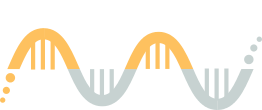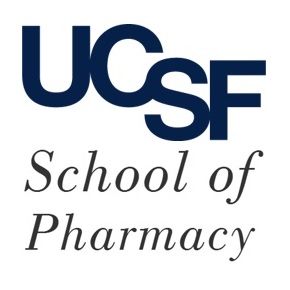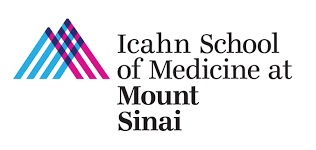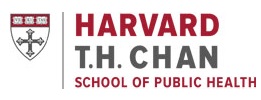Submitted by ja607 on
| Title | Association between Smoking History and Tumor Mutation Burden in Advanced Non-Small Cell Lung Cancer. |
| Publication Type | Journal Article |
| Year of Publication | 2021 |
| Authors | Wang, X, Ricciuti, B, Nguyen, T, Li, X, Rabin, MS, Awad, MM, Lin, X, Johnson, BE, Christiani, DC |
| Journal | Cancer Res |
| Volume | 81 |
| Issue | 9 |
| Pagination | 2566-2573 |
| Date Published | 2021 May 01 |
| ISSN | 1538-7445 |
| Abstract | Lung carcinogenesis is a complex and stepwise process involving accumulation of genetic mutations in signaling and oncogenic pathways via interactions with environmental factors and host susceptibility. Tobacco exposure is the leading cause of lung cancer, but its relationship to clinically relevant mutations and the composite tumor mutation burden (TMB) has not been fully elucidated. In this study, we investigated the dose-response relationship in a retrospective observational study of 931 patients treated for advanced-stage non-small cell lung cancer (NSCLC) between April 2013 and February 2020 at the Dana Farber Cancer Institute and Brigham and Women's Hospital. Doubling smoking pack-years was associated with increased and less frequent and mutations, whereas doubling smoking-free months was associated with more frequent . In advanced lung adenocarcinoma, doubling smoking pack-years was associated with an increase in TMB, whereas doubling smoking-free months was associated with a decrease in TMB, after controlling for age, gender, and stage. There is a significant dose-response association of smoking history with genetic alterations in cancer-related pathways and TMB in advanced lung adenocarcinoma. SIGNIFICANCE: This study clarifies the relationship between smoking history and clinically relevant mutations in non-small cell lung cancer, revealing the potential of smoking history as a surrogate for tumor mutation burden. |
| DOI | 10.1158/0008-5472.CAN-20-3991 |
| Alternate Journal | Cancer Res |
| PubMed ID | 33653773 |
| PubMed Central ID | PMC8137661 |
| Grant List | P30 CA006516 / CA / NCI NIH HHS / United States R35 CA197449 / CA / NCI NIH HHS / United States U01 CA209414 / CA / NCI NIH HHS / United States U01 HG009088 / HG / NHGRI NIH HHS / United States |





